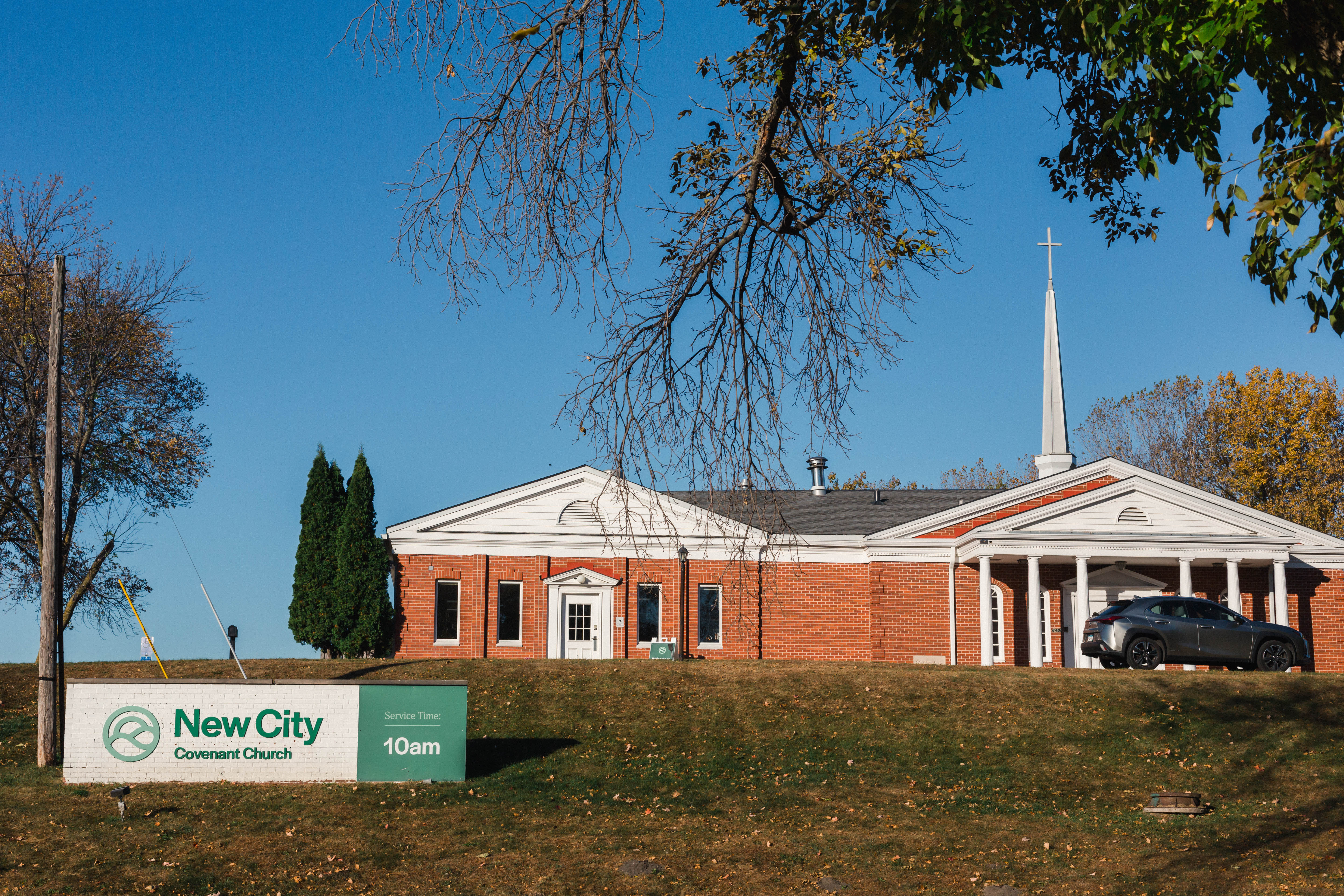Find and Follow Jesus
Our vibrant community is a place where individuals from all walks of life can come together to worship, grow, and serve.


Embrace Your Journey with Jesus
Whether you are just starting to explore your faith or have been a believer for years, we invite you to join us as we embark on a journey of faith together.
Through engaging worship services, thought-provoking sermons, and a variety of ministries and activities, we aim to help you deepen your relationship with God and live out your calling as a follower of Christ.
Sermons
Watch the latest sermon from Sunday’s service.
Plan Your Visit
Join us in person! We’d love to host you. Find service times, directions, and everything else you need to know when visiting us for the first time by clicking the button below.


Staff & Leaders
Our dedicated team of pastors and staff are here to provide spiritual guidance and support - as well as resources to help you on your faith journey.

See What’s Happening
Check out this month's events to find out what's happening and how you can be involved. Explore the full list of upcoming ministries and services.
Get Involved
Explore the life of our church including our vibrant ministries, upcoming events, and service opportunities.



